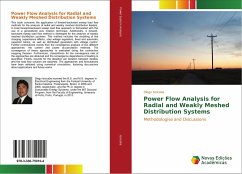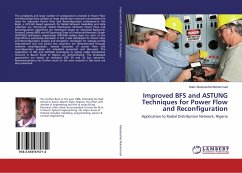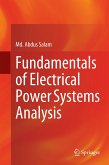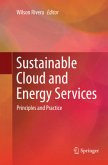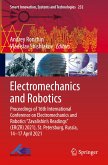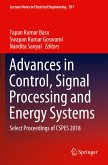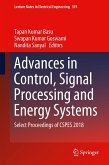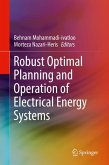This book concerns the application of forward-backward sweep load flow methods for the analysis of radial and weakly meshed distribution feeders. A novel forward-backward sweep load flow approach is formulated with the use of a generalized axis rotation technique. Additionally, a forward-backward sweep load flow method is developed for the analysis of weakly meshed distribution systems. This method includes the modeling of line charging capacitance effects, step voltage regulators, fixed and automatic capacitor banks, as well as distributed generation with voltage control. Further contributions comes from the convergence analysis of two different approaches: the current and power accumulation methods. The convergence of these approaches is evaluated using the contraction mapping theorem. Furthermore, closed-forms for the convergence rate of the approaches are deduced and the convergence dependence of loading is quantified. Finally, bounds for the deviation per iteration between iterates and the load flow solution are obtained. The approaches and formulations have been validated using numerical simulations, fostering discussions about applications and future works.

